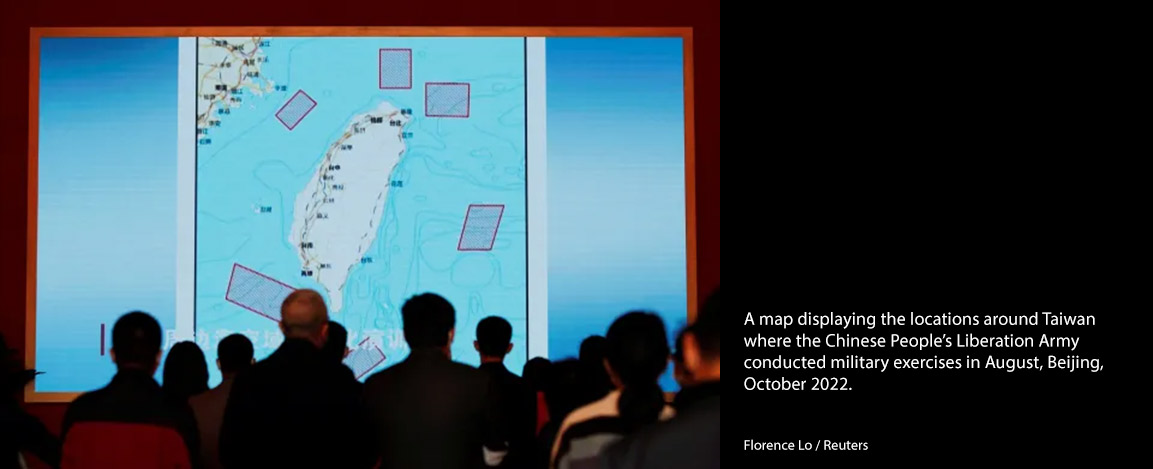Foreign Affairs asks the experts about whether the US should officially adopt a pledge to use military force to defend Taiwan in the event of a Chinese invasion. Participants were asked to state whether they agreed or disagreed with a proposition and to rate their confidence level in their opinion. Eric Heginbotham, a principal research scientist at the MIT Center for International Studies (CIS) and Shivshankar Menon, a former CIS Robert E Wilhelm Fellow, were asked to weigh in. Read their opinions below and find the full text of the Foreign Affairs feature here.
"American presidents have demonstrated that strategic ambiguity, under which the United States opposes unilateral changes across the Taiwan Strait, is a flexible policy that can and has been repeatedly tailored to match evolving circumstances. As appropriate given increased Chinese capabilities and provocative behavior, Biden administration statements have highlighted the probability of intervention without changing US policy. From China’s perspective, an armed attack or blockade of Taiwan would constitute an extraordinarily risky undertaking. The current policy is sufficient to deter while still maintaining the spirit of the US “one China” policy and the flexibility to adjust further as circumstances dictate. While not a perfect solution to the dilemma posed by the cross-strait problem, it is better than a shift in policy that could lead to a rupture in Sino-American relations and limit U.S. room to maneuver." (Eric Heginbotham)
"It is less what the United States says or pledges than what the United States does and can do that will deter China from attempting to change the status quo across the Taiwan Strait, so a policy pledge by itself is unlikely to determine real outcomes. Instead, demonstrated capability should create deterrence more effectively." (Shivshankar Menon)




